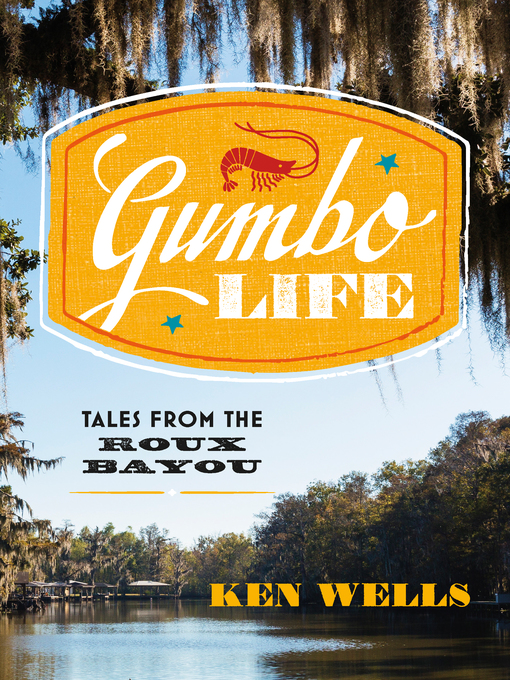A sprightly, deeply personal narrative about how gumbo—for 250 years a Cajun and Creole secret—has become one of the world's most beloved dishes.
Ask any self-respecting Louisianan who makes the best gumbo and the answer is universal: "Momma." The product of a melting pot of culinary influences, gumbo, in fact, reflects the diversity of the people who cooked it up: French aristocrats, West Africans in bondage, Cajun refugees, German settlers, Native Americans—all had a hand in the pot. What is it about gumbo that continues to delight and nourish so many? And what explains its spread around the world?
A seasoned journalist, Ken Wells sleuths out the answers. His obsession goes back to his childhood in the Cajun bastion of Bayou Black, where his French-speaking mother's gumbo often began with a chicken chased down in the yard. Back then, gumbo was a humble soup little known beyond the boundaries of Louisiana. So when a homesick young Ken, at college in Missouri, realized there wasn't a restaurant that could satisfy his gumbo cravings, he called his momma for the recipe. That phone-taught gumbo was a disaster. The second, cooked at his mother's side, fueled a lifelong quest to explore gumbo's roots and mysteries.
In Gumbo Life: Tales from the Roux Bayou, Wells does just that. He spends time with octogenarian chefs who turn the lowly coot into gourmet gumbo; joins a team at a highly competitive gumbo contest; visits a factory that churns out gumbo by the ton; observes the gumbo-making rituals of an iconic New Orleans restaurant where high-end Creole cooking and Cajun cuisine first merged.
Gumbo Life, rendered in Wells' affable prose, makes clear that gumbo is more than simply a delicious dish: it's an attitude, a way of seeing the world. For all who read its pages, this is a tasty culinary memoir—to be enjoyed and shared like a simmering pot of gumbo.



